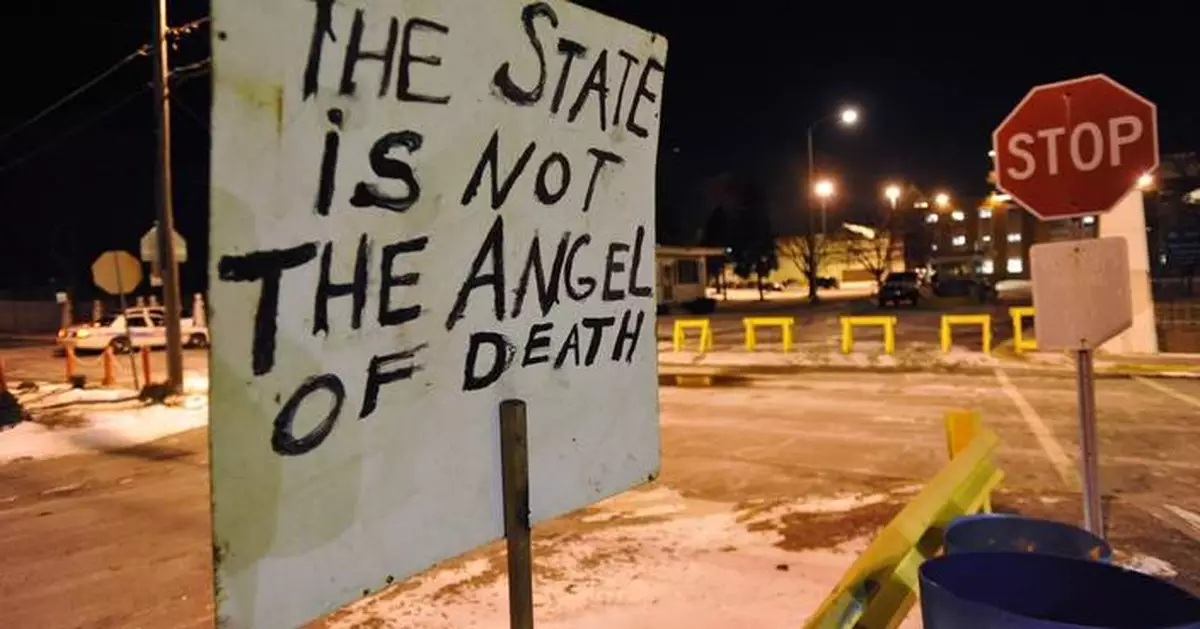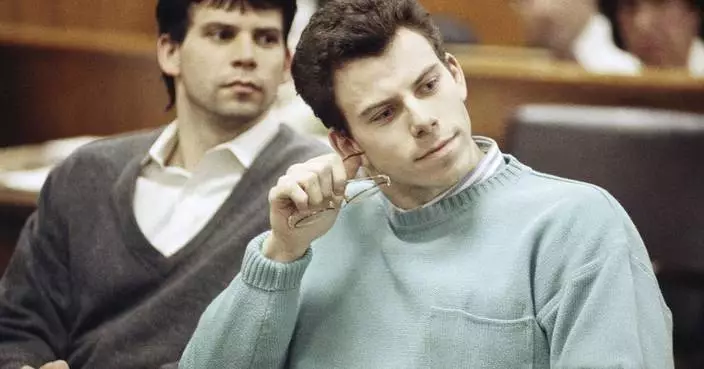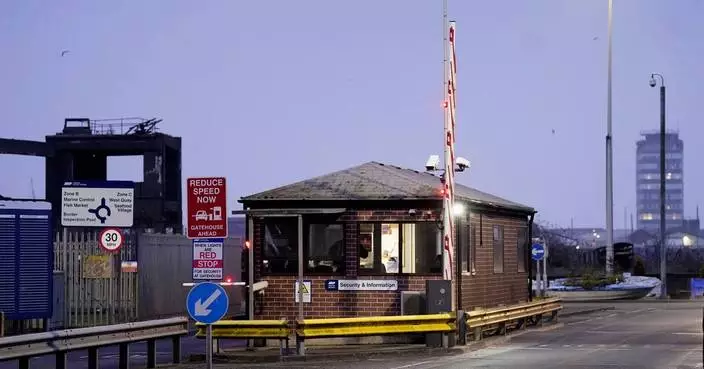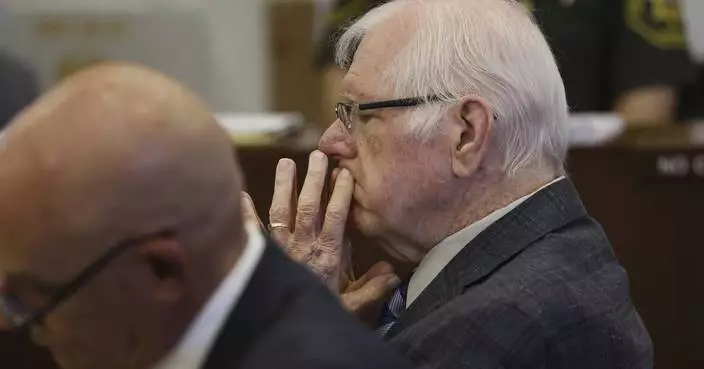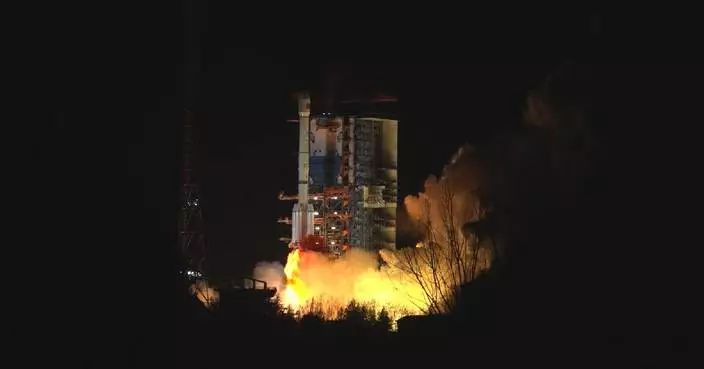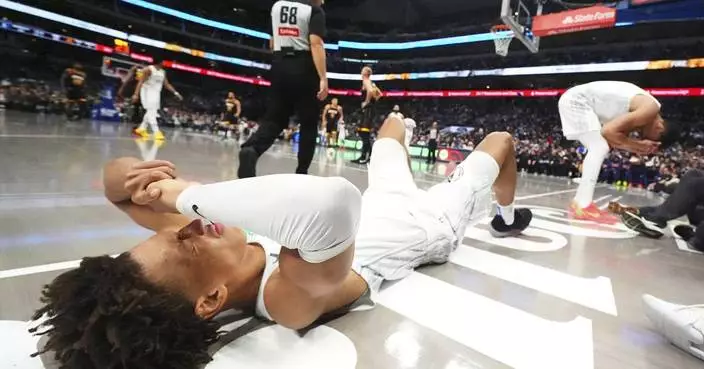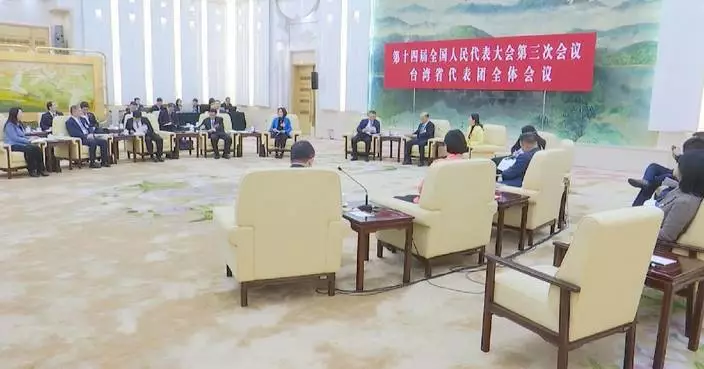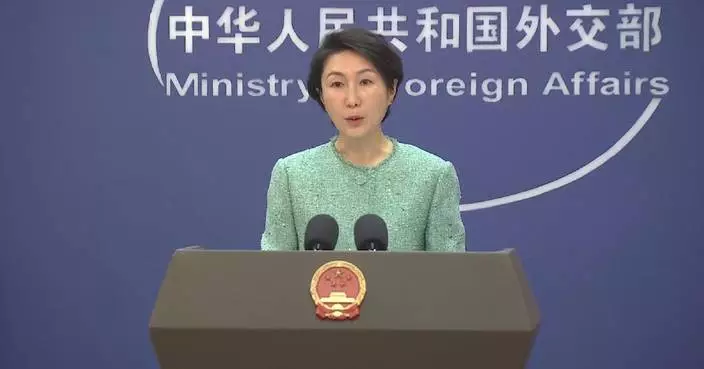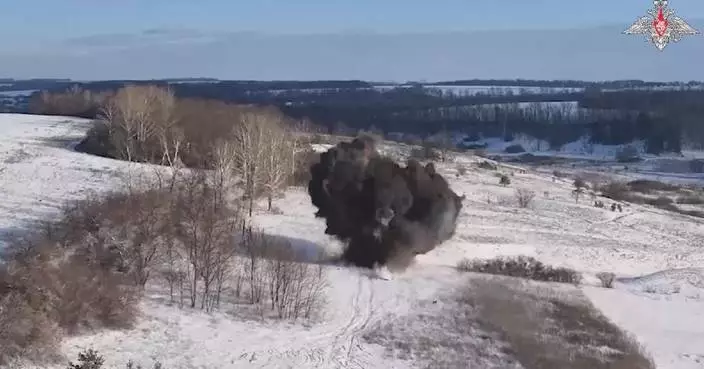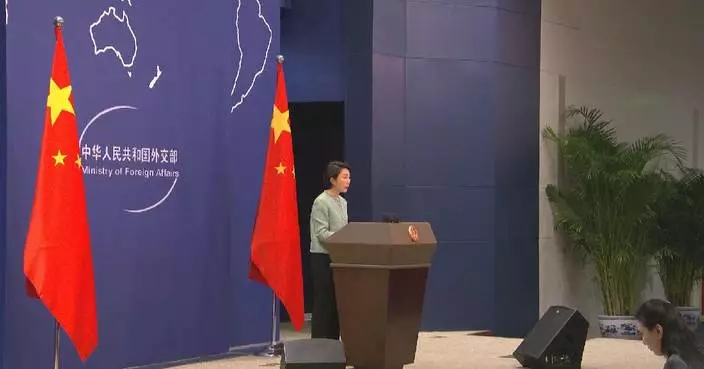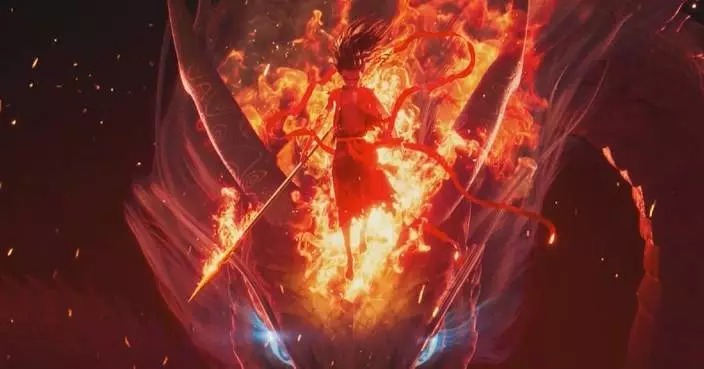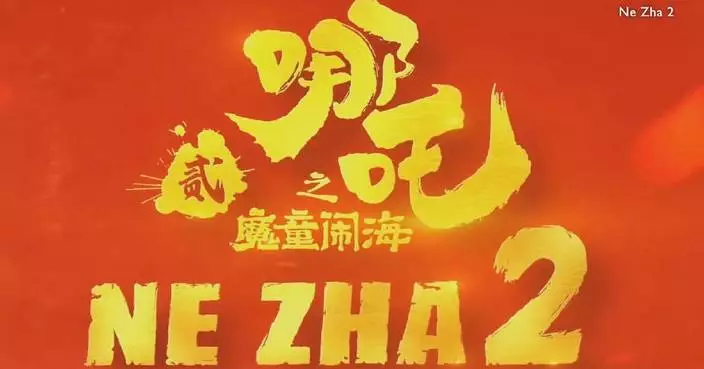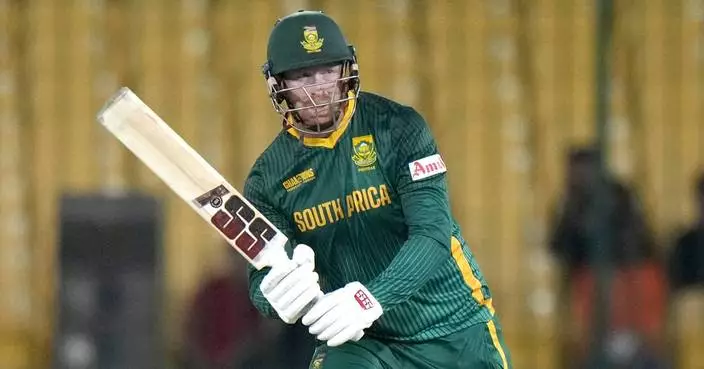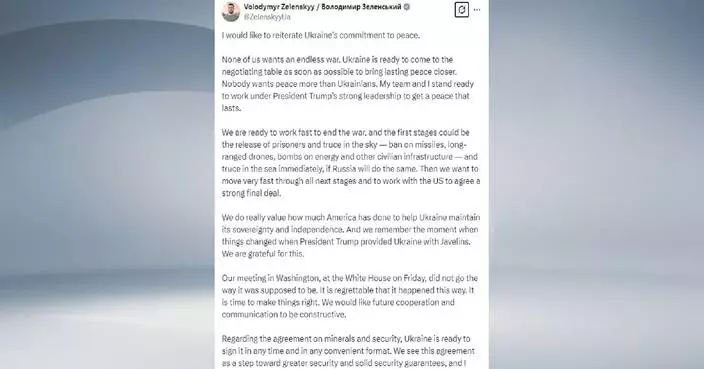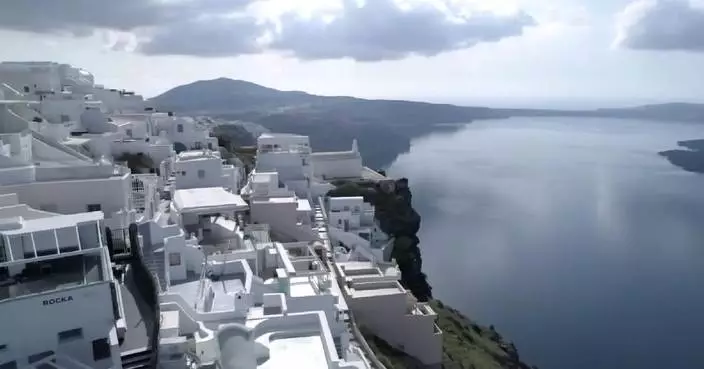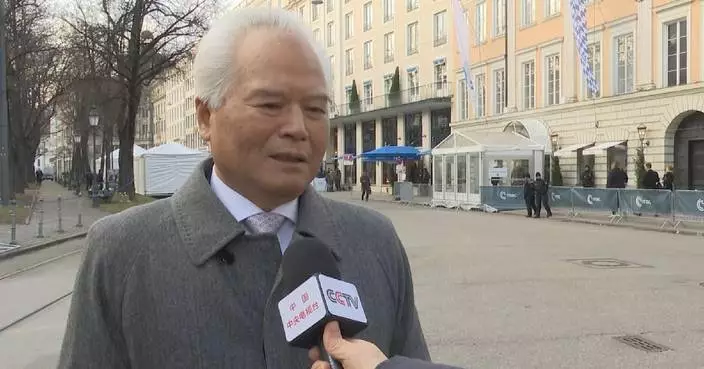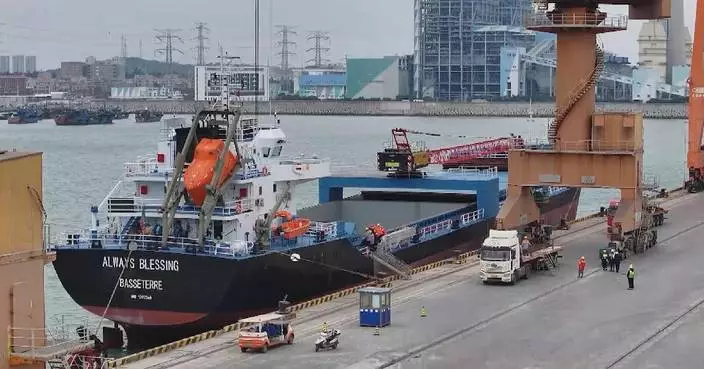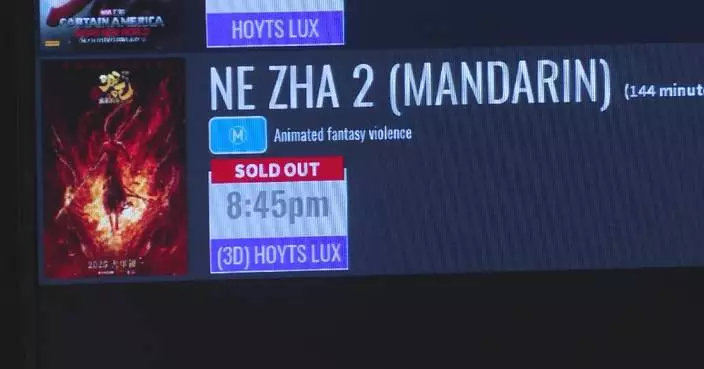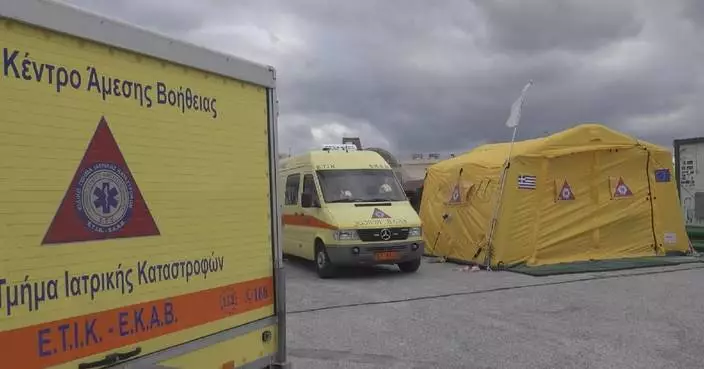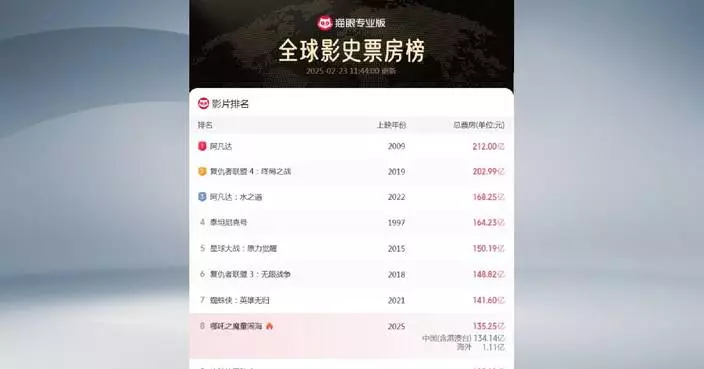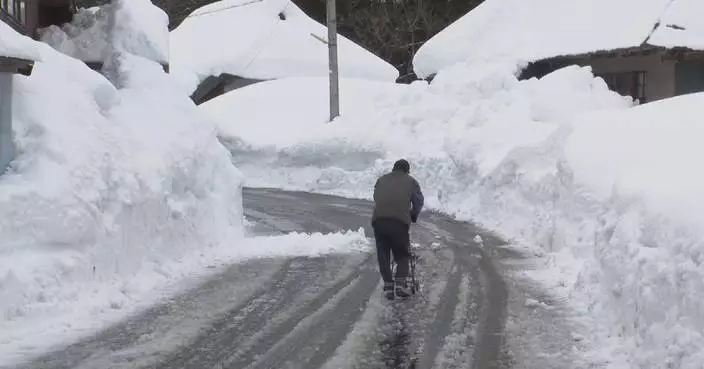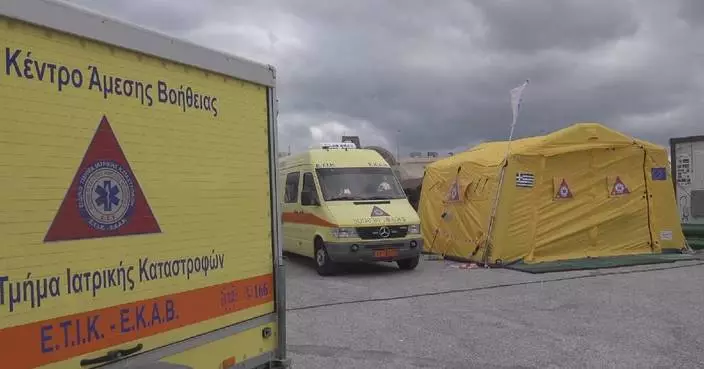INDIANAPOLIS (AP) — Indiana Republican Gov. Eric Holcomb said the state will resume executions for the first time in over a decade after acquiring a drug used for lethal injections.
Holcomb said Wednesday that the state is seeking an execution date for Joseph Corcoran, a man convicted in the killings of four people in 1997. Republican Attorney General Todd Rokita filed a motion Wednesday asking the state Supreme Court to set an execution date.
Indiana's last execution was in 2009, according to the Death Penalty Information Center. Matthew Eric Wrinkles was executed for the murders of his wife and her brother and sister-in-law.
The yearslong pause has been attributed to the unavailability of lethal injection drugs.
The Indiana Department of Correction now has acquired a drug used by multiple states in lethal injections — the sedative pentobarbital — after “years of effort,” Holcomb’s announcement said.
“Accordingly, I am fulfilling my duties as governor to follow the law and move forward appropriately in this matter,” Holcomb said.
Corcoran's attorney, federal defender Larry Komp, said they will respond to the state's motion and request clarity on the state's lethal injection protocol.
A department of correction spokesperson did not immediately respond to voicemail and emailed messages seeking further information on how the state acquired the drug.
Pentobarbital was first introduced in 2010, according to the Death Penalty Information Center.
Some states are looking for new ways to execute inmates because the drugs used in lethal injections, the most common execution method in the United States, are increasingly difficult to find. Alabama was the first state to use nitrogen gas in an execution earlier this year.
Federal appeals from Corcoran, 49, came to an end in 2016. He is being held at the Indiana State Prison in Michigan City, according to Department of Correction online records.
Corcoran, from Fort Wayne, was convicted in the July 1997 killings of his 30-year-old brother, James Corcoran; 30-year-old Douglas A. Stillwell; 32-year-old Robert Scott Turner; and 30-year-old Timothy G. Bricker. He's been on death row since 1999.
According to the Death Penalty Information Center, Indiana has eight people on death row.
In 2020, the first federal execution in 17 years at the time was carried out at a federal prison in Indiana.
—-
This story has been updated to correct that the attorney general’s motion was filed with the Indiana Supreme Court, not the Allen County Court.
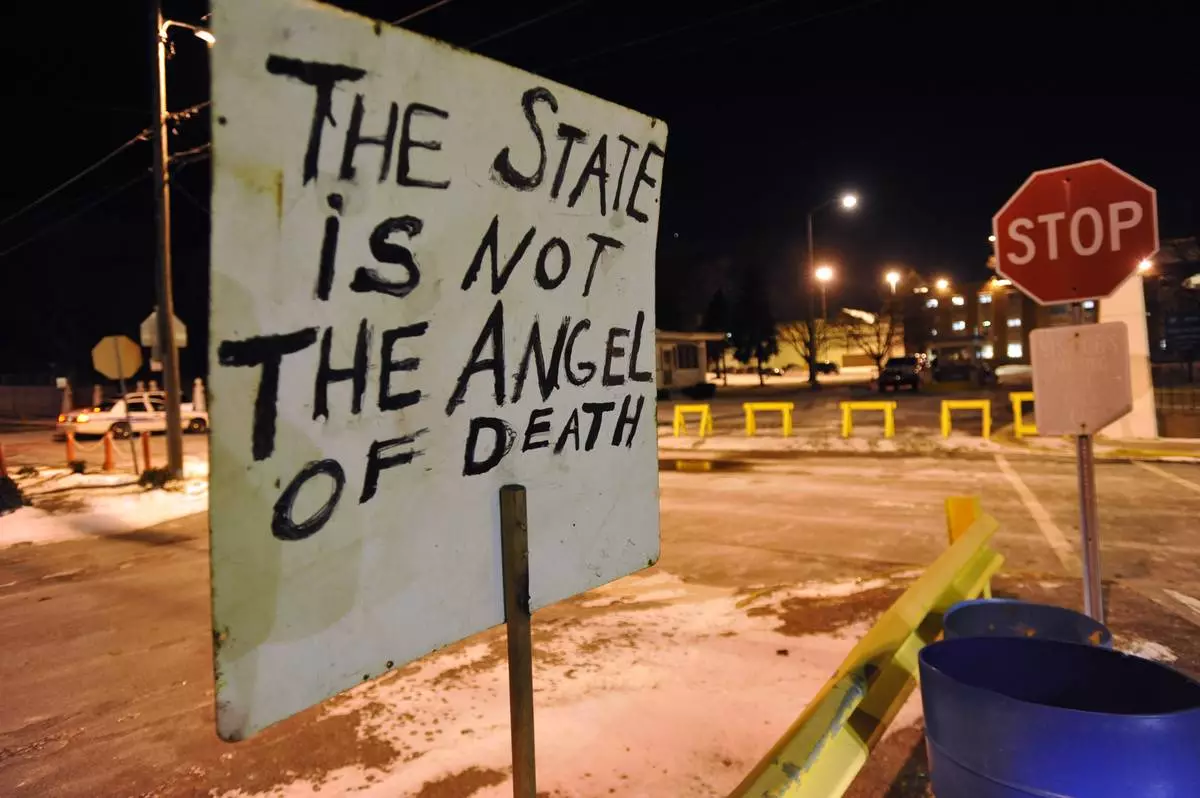
FILE - A sign placed by death penalty opponents sits in front of the Indiana State Prison in Michigan City, Ind. Thursday, Dec. 10, 2009 in protest of the execution of Matthew Eric Wrinkles, who was the last Indiana inmate to be executed. Republican Governor Eric Holcomb said Wednesday, June 26, 2024, the state is seeking to resume executions after acquiring a drug used in lethal injections. (AP Photo/Joe Raymond, File)
The Seattle Seahawks have found the replacement for Geno Smith, agreeing to a three-year, $100.5 million contract with Sam Darnold, a person with knowledge of the deal told The Associated Press on Monday.
The person, speaking to the AP on condition of anonymity because teams can’t sign free agents until Wednesday, said $55 million of the contract is guaranteed. Darnold will earn $37.5 million in 2025.
Darnold had a breakthrough season in his only year in Minnesota, throwing for 4,319 yards and 35 TDs while posting a 102.5 passer rating and leading the Vikings to 14 wins.
Darnold was drafted third overall by the New York Jets in 2018, but struggled mightily during three seasons with the Jets and two with Carolina. His 78.2 passer rating during that time ranked third worst among 53 QBs with at least 500 attempts.
But the 27-year-old Darnold has revitalized his career since then.
After spending the 2023 season as a backup in San Francisco, Darnold finally played to his potential for most of the season. His 12 games with multiple TD passes and a passer rating of at least 100 ranking tied for the fourth most ever in a season, trailing only MVP seasons from Aaron Rodgers (2011 and 2020) and Patrick Mahomes (2018).
But Darnold ended his season by posting back-to-back duds in his final two games: a Week 18 game against Detroit for the No. 1 seed in the NFC and a wild-card loss to the Los Angeles Rams. Darnold went 18 for 41 for 166 yards and no TDs in a 31-9 loss to the Lions in Week 18 and then threw for 245 yards and had two turnovers the next week in a 27-9 loss to the Rams.
His performance in those key games contributed to the decision by the Vikings to let Darnold hit the open market and turn the team over to J.J. McCarthy, who was drafted 10th overall last season.
The move for Darnold comes three days after the Seahawks agreed to a deal to send Smith to the Las Vegas Raiders for a third-round draft pick. Smith was entering the final year of his deal and Seattle was unable to agree on an extension, leading to the move to make a switch at quarterback.
The Seahawks are undergoing major changes on offense, having also agreed to trade star receiver D.K. Metcalf to Pittsburgh for a second-round pick and have cut receiver Tyler Lockett.
The trades won’t be official until Wednesday.
The reset in Seattle comes after the Seahawks went 10-7 in coach Mike Macdonald’s first season but missed the playoffs. Seattle has one playoff win in the past eight seasons, beating Philadelphia in a wild-card game in 2019 under coach Pete Carroll. But the Seahawks are looking to get back to the level of Super Bowl contender they had early in Carroll’s tenure and are hoping Darnold can help them get there.
The Seahawks did keep one of their own potential free agents, signing defensive tackle Jarran Reed to a multi-year deal. The 32-year-old Reed played all 17 games last season, with 4 1/2 sacks and 15 quarterback hits.
Reed has 38 1/2 sacks in nine seasons with Seattle, Kansas City and Green Bay.
AP NFL: https://apnews.com/hub/NFL

FILE - Minnesota Vikings quarterback Sam Darnold (14) calls a play in a huddle during the second half of an NFL football game against the Detroit Lions, Sunday, Jan. 5, 2025, in Detroit. (AP Photo/Rey Del Rio, File)

FILE - Minnesota Vikings quarterback Sam Darnold jogs off the field during an NFL football game against the Seattle Seahawks, Sunday, Dec. 22, 2024, in Seattle. (AP Photo/Stephen Brashear, File)

FILE - Minnesota Vikings quarterback Sam Darnold looks to pass during an NFL football game against the Seattle Seahawks, Sunday, Dec. 22, 2024, in Seattle. (AP Photo/Lindsey Wasson, File)



